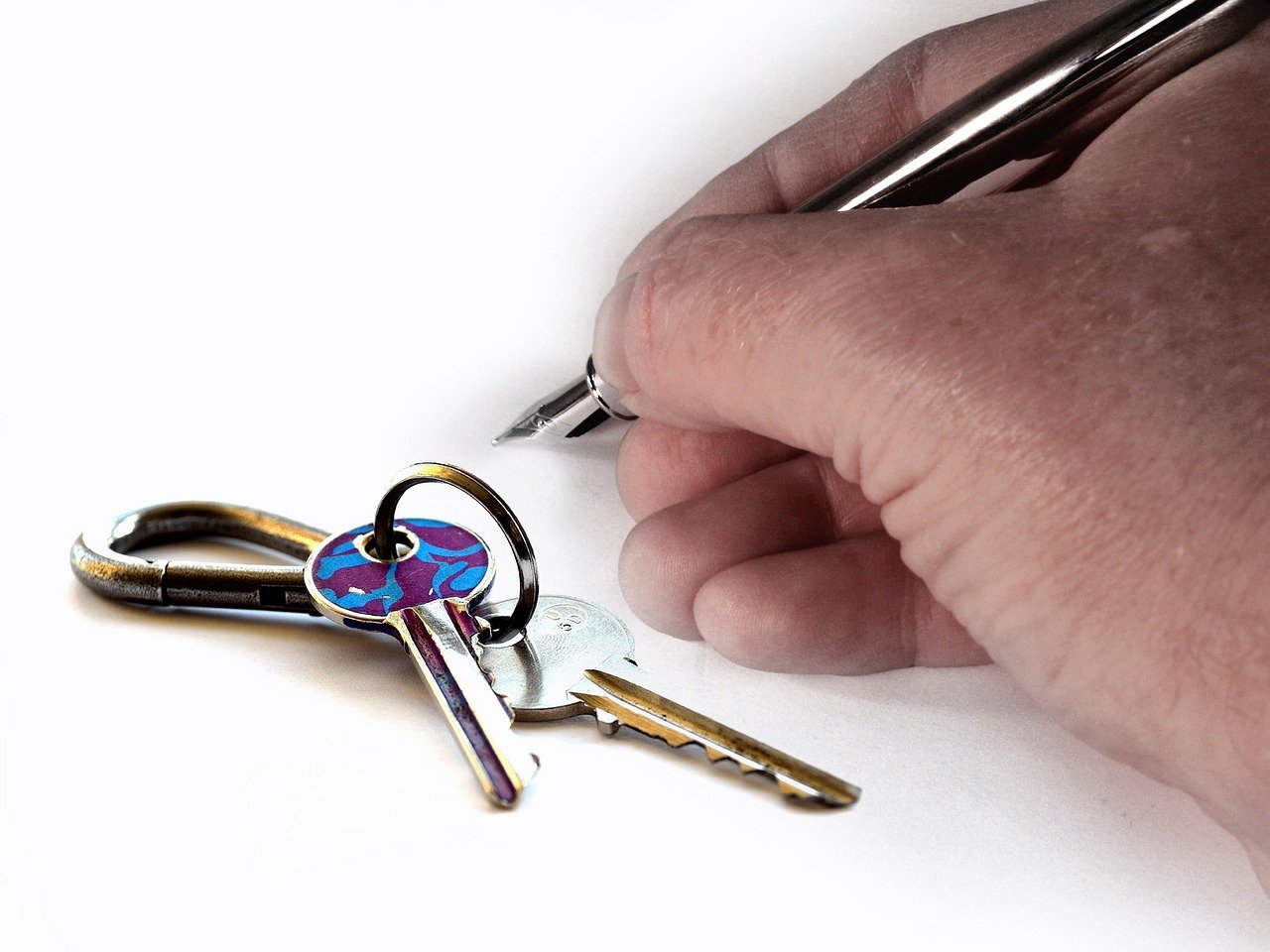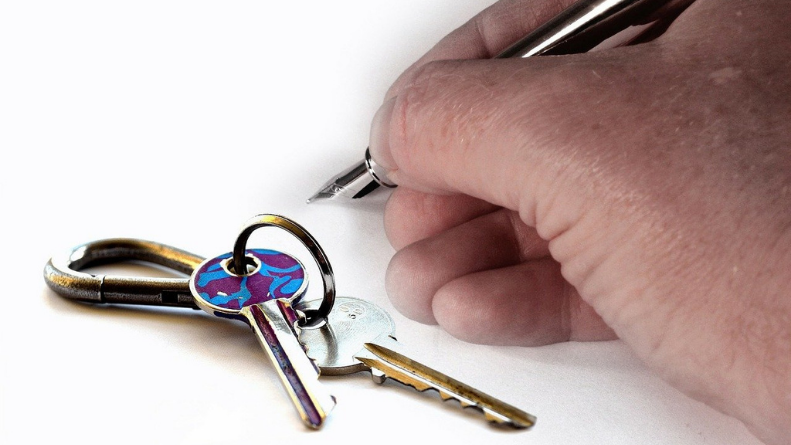What is Involved in Extending a Lease?
As the name indicates, a lease extension is where the lease holder tops up the lease by adding several years back to the lease. Extending a lease is typically done to retain a lease before it reverts to the ownership of the freeholder owner. The leaseholder may also want to extend the lease when going to sell the property to fetch a higher price; a lease with 99 years left on it is worth more than a leasehold with 40 years.
Extending a lease, however, can be very expensive and can take a long time to complete the process.
Lease extension
Leasehold ownership refers to owning the right to live in and have exclusive rights to the property for a specified period. Leaseholders have the right to the security and not the land on which the property is situated, which is retained by the freeholder.

Typically, leases are issued for newly built flats for either 99 or 125 years, depending on the developer. After the lease period is up, the property is then reverted back to the freeholder. However, in practice, what happens is that the lease is extended for many years before this happens.
As already noted, extending the lease can be very expensive as you will be required to pay the landlord freeholder a premium since they will have to wait a long time before they can take repossession of the property. Additionally, once a lease extension has been granted, the leaseholder will no longer have to pay ground rent.
The best time to extend a lease
For two reasons, it is recommended that a lease be extended before it falls below the 80-year mark:
- Even though a lease extension is costly already, it will grow much higher once the 80-year mark has passed.
- Lenders are more reluctant to offer a mortgage or remortgage on a property when there are 70 years or less remaining on the lease.
As you can probably imagine, if you are thinking of selling your leasehold property at some point, any perspective buyer will be looking for a leasehold with as much time on the calendar as possible, and a short lease, therefore, will not be so attractive. Extending the lease before going to market will increase the number of buyers that are interested and fetch a higher price.
In terms of the cost of extending the lease, the more expensive the property, the more it will cost to extend. Given this, any downturn in the property market whereby property prices have fallen would be a good time to extend the lease.
The cost of extending a lease
A lease extension on a £400,000 property with 80 years remaining will be about £6000 to £10,000. This is only the premium cost paid to the freeholder; there are other costs involved.
- £500 to £900 for a surveyor’s valuation of the property.
- £130 to £200 per hour for the surveyor’s negotiation fee
- £500 to £1,200 for a solicitor
- £500 to £900 for the freeholder’s valuation
- £500 to £1,200 for the freeholder’s solicitor
- £20 to £40 for the Land Registry fee
Lease extension premium cost
The premium paid to the landlord will be the biggest cost of extending a lease. Depending on the property size and market value, it will be anything from £5,000 upwards. It will also depend on the location of the property, the length of the lease, how much ground rent is being paid, and how well the negotiations go with the freeholder owner.
Surveyor’s valuation fee
A surveyor with experience and knowledge of extending leases will be needed due to the complexity of calculating the preliminary offer made to the freeholder. Depending on the size of the property, the surveyor’s fees will cost somewhere between £500 and £900, and they will need to visit the property to inspect it. It’s also part of the surveyor’s job to negotiate with the freeholder on any counteroffer until an agreed upon price is reached.
The solicitor’s fee
For all the legal work accrued on extending a lease, the solicitor’s fee will be between £500 and £1,200. Among other things, they will submit your Section 42 notice to the freeholder and then handle the Section 45 notice, which is given in response by the freeholder. The solicitor will also check through the new lease agreement to make sure that it is as expected and then submit it to the Land Registry.
The freeholder’s costs
A leaseholder hoping to extend the lease is required to pay “reasonable costs,” according to the Leasehold Reform Act.
Reducing leasehold extension costs
The costs for extending a lease are quite considerable, so anything that can be done to reduce them is worth considering.
The first thing to consider is whether you should start the lease extension process before the lease falls below 80 years remaining. Once the 80-year threshold has been reached, the leaseholder will have to pay the freeholder what is called a “marriage cost”, and each year past that, it will become much more expensive after that.
The next thing worth noting is making sure that you choose a specialist solicitor and surveyor that has experience with leasehold extensions. They are quite complex and involved, and you don’t want to end up paying more for the extension than you need to.
Lastly, do not entertain what are called “informal lease extensions.” Some freeholders may try and get the leaseholder to take on an informal lease extension, which could come back to bite them later down the line. Such lease extensions fall outside the Leasehold Reform Act and thus don’t come with the same protection. For starters, an informal lease extension may not necessarily add 90 years to the lease or reduce the ground rent to zero, as would normally be expected from a standard lease extension. If this were to happen, trying to sell the leasehold property in the future will then become much more difficult to achieve.
ARE YOU READY TO START INVESTING?
Subscribe to our mailing list now for exclusive deals, investment guides and the latest information from the property market.







